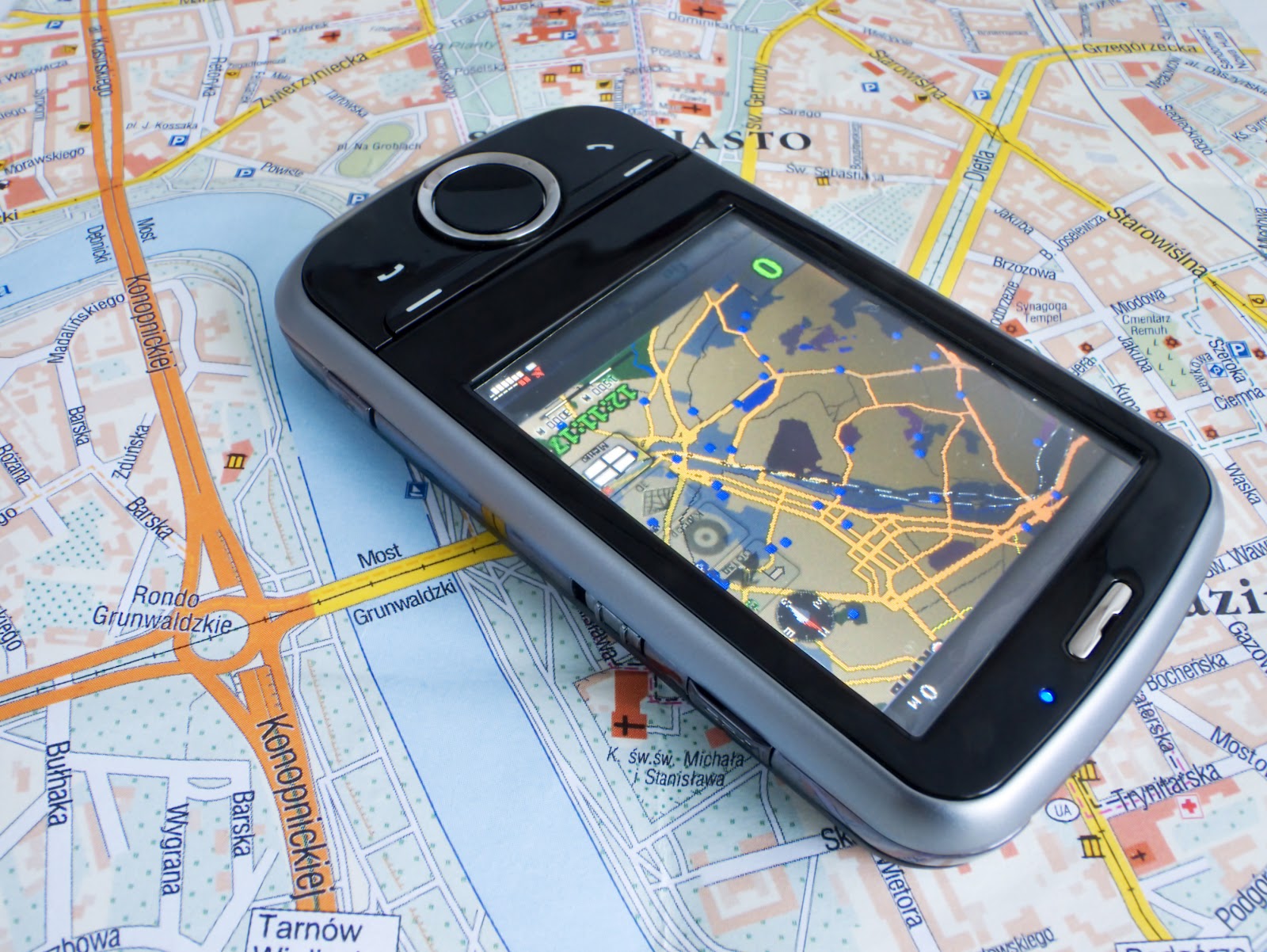The Federal Communications Commission has announced plans that would require all mobile phones to have GPS chips embedded in them by 2018. The goal is to improve 911 services by increasing location tracking and accuracy to better assist during an emergency.
Many smartphones already have GPS installed but a number of platform feature phones still rely on cell tower triangulation for location services, a process that isn't as accurate as GPS. The FCC notes in the mandate that by 2018, nearly 85 percent of mobile phones would already feature GPS without the ruling. The plan also encompasses all VoIP devices as well.
Mobile Burn points out that the requirement for true GPS positioning is interesting because today's technology takes a long time to lock onto someone's location. Furthermore, if you are inside a building or near tall structures, the service is virtually useless. Cell tower triangulation is used in such circumstances and aids traditional GPS systems in locking in a more accurate position in less time.
Going forward in 2018, all new phones would have to adhere to the new ruling, although it wasn't made clear when or if non-GPS equipped devices would be forced out of commission.
This new plan comes just a few months after the FCC announced a five step action plan to improve the deployment of next-generation 911 (NG911). Key to the NG911 initiative is the ability for users to send texts, photos and video streams directly to 911 operators, all of which could be very useful for first responders. No date has been set for NG911 implementation.
